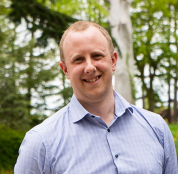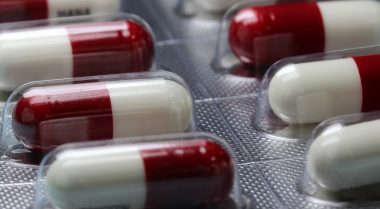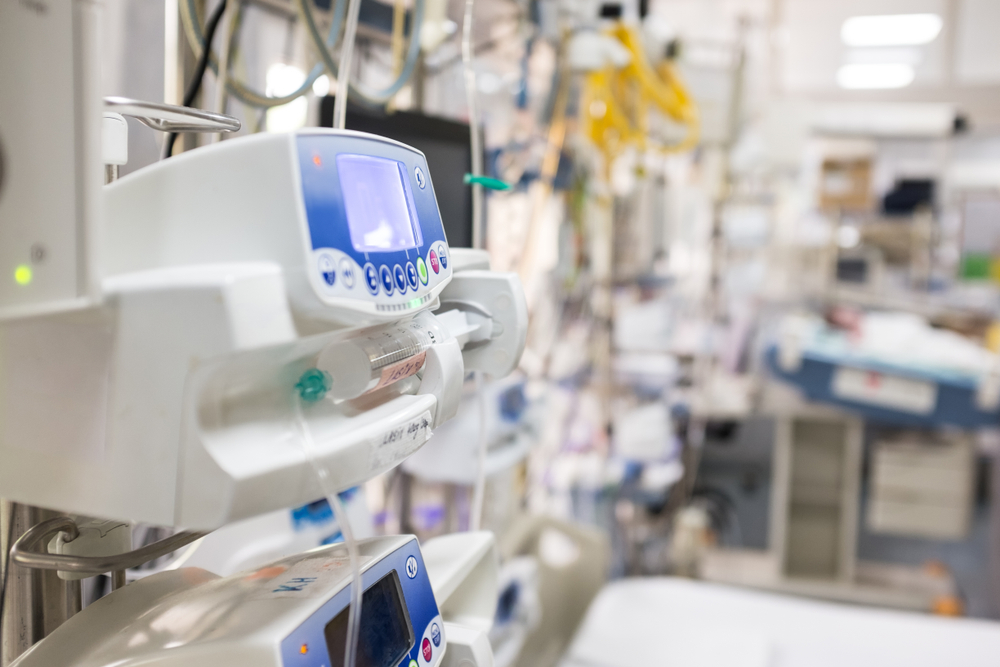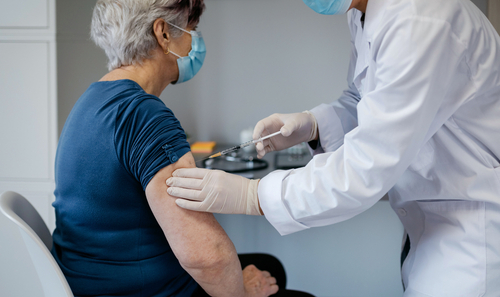
‘One City’ Health Data Strategy
The project is establishing a Trusted Research Environment to facilitate collaborative health research and continuous improvement in care, while safeguarding the security and privacy of patient data.
The challenge
Researchers need access to large patient datasets to better understand diseases and develop new technologies and treatments that will improve the quality of care. It’s crucial that this is done in a way that safeguards the security and privacy of patient health data and minimises risk of data misuse and identification of individuals from anonymised data. This can be problematic with traditional research methods that rely on sending data from a controller to the data user. What’s more, this out-dated approach has limitations in terms of collaboration, computational power and the implementation of tools such as artificial intelligence (AI).
The solution
A Trusted Research Environment (TRE) encourages researchers to access and use data within a single, secure environment. Researchers are given access to data, enabling them to collaborate with partners, link data, share code and results as part of a research project.
Dr Philip Quinlan, Head of Digital Research Service at University of Nottingham, is leading a project to implement a TRE. This is a collaboration between the University and Nottingham University Hospitals NHS Trust’s Research & Innovation department – led by Professor Stephen Ryder, Clinical Director and Dr Maria Koufali, Managing Director. The project is also benefitting from technical assistance from the Alan Turing Institute. The team has already been running a pilot TRE and during 2021 teams of researchers will start real-world health data projects on the platform.
Dr Quinlan comments: “If you were to go back 10 years, most people would just receive a spreadsheet with data and then analyse it locally. With TREs we have more computational power, more analytical tools and greater overall potential; but of course, it does come with those fundamental boundaries – making sure data can’t leave and you can’t share it without permission. HDR UK has been fundamental in driving the five safes model”
Dr Quinlan hopes that the TRE they are establishing with the University and NHS Trust will encourage a greater diversity of specialisms to become involved in health research.
“There is a group of researchers including computer scientists, mathematicians, and computational biologists who all have valuable expertise in modelling data and doing simulations yet it’s quite hard for them to access data and they don’t know the processes.”
Impact and outcomes
As more and more clinicians and researchers from different disciplines become familiar with using TREs, it should help answer questions and solve problems in complex health challenges, including dementia, cancer and emerging infections like COVID-19. In addition to this, and perhaps most powerfully, TREs should enable the continuous evaluation and improvement in healthcare delivery – as part of a learning healthcare system. So as opposed to just periodically setting-up research studies and trials separate from healthcare delivery, research and learning can happen in real-time, with almost immediate feedback to improve routine care. TREs can also better facilitate the use of advanced analytics and data-driven tools, which can generate valuable and timely insights to help clinicians make treatment decisions – even flagging when patients might be at risk of worsening symptoms for example.



